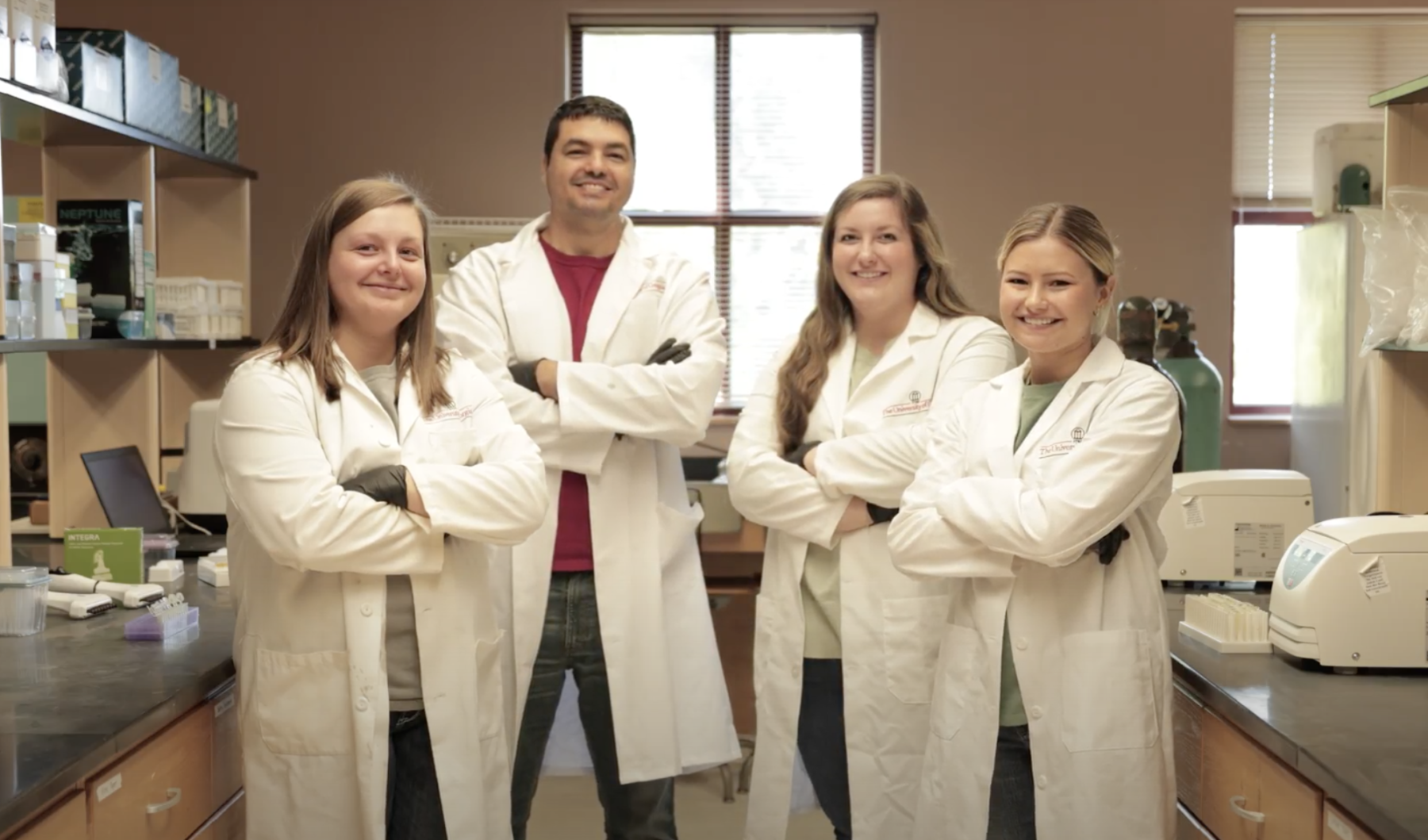
Our team has diverse specialties and is diverse in thinking, but we all have one thing in common: our passion. Our passion for the beef industry and the animal agriculture industry as a whole has led us to join forces to combat efficiency and sustainability.
The University of Georgia Animal and Dairy Science Department professors and graduate students are committed to working together and with our collaborators.
Professors
Dr. Jeferson Lourenco started his career managing commercial farms in Brazil (dairy and beef-producing farms) and accumulated almost a decade of experience in that role. After moving to the U.S., he pursued his Masters and Ph.D. at the University of Georgia. His master’s program focused on feeds and nutrition of ruminants, while his Ph.D. studies expanded into the fields of microbiology and bioinformatics. Dr. Lourenco has been working with microbiology applied to animal sciences, bioinformatics, and biostatistics utilizing several animal species (particularly cattle, chicken, and swine). His research relies heavily on metagenomic approaches; however, he is also interested in the biologically relevant metabolites (e.g., short-chain fatty acids) produced by microorganisms, which may have a significant impact on animal health and productivity.
: Meet the BEST!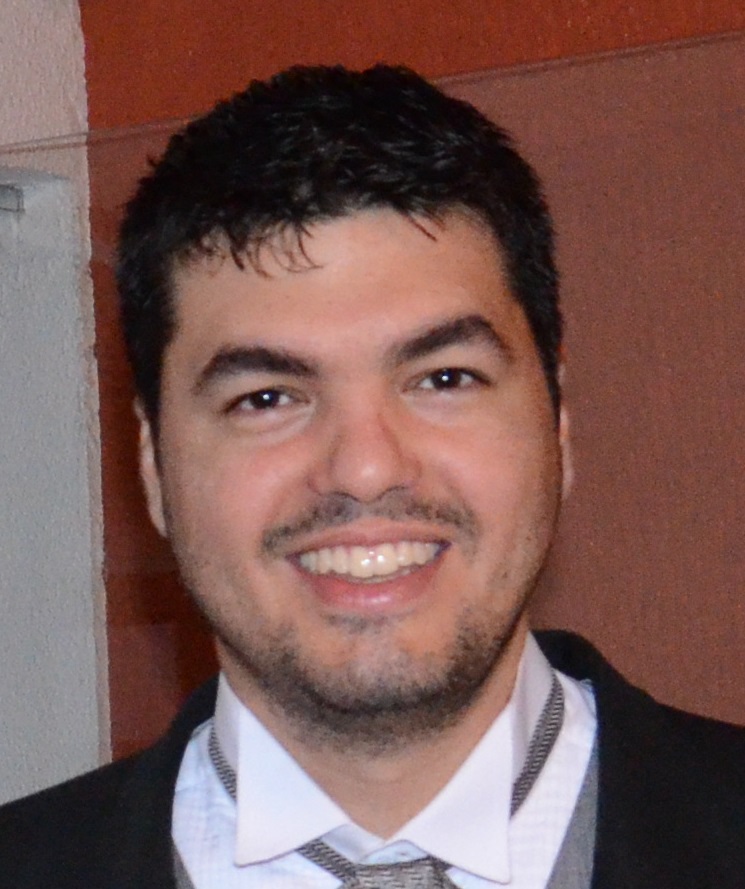
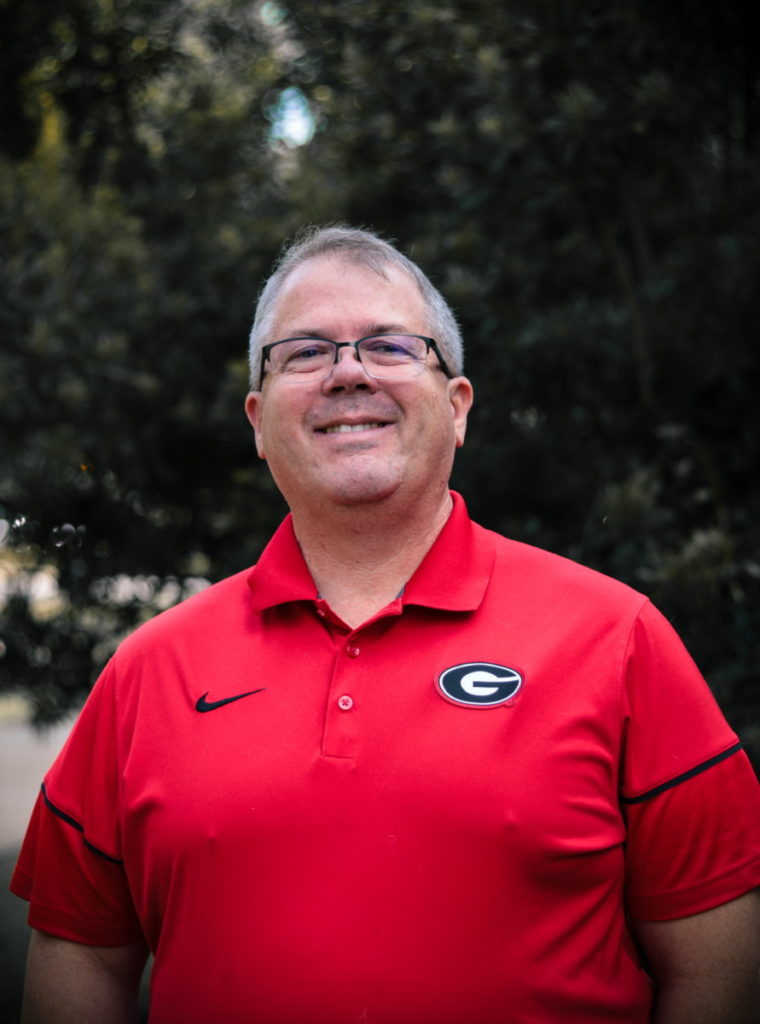
Dr. Todd Callaway is a ruminant microbiologist who grew up on a small horse, dairy, and beef farm and received his B.S. and M.S. degrees from the University of Georgia in Animal and Dairy Science in 1993 and 1996, and his Ph.D. degree in Microbiology from Cornell University in 1999. Following graduate school, Dr. Callaway joined the Agricultural Research Service of the USDA (USDA-ARS) in 2000 and served as a research microbiologist in College Station, Texas. Dr. Callaway focused on the intestinal microbiome and the impacts of diet on the microbial population and host susceptibility to pathogen colonization. His research at UGA focuses on the role of the ruminal microbes in the nutrition of cattle, and how the complex environment of the cattle gastrointestinal tract can impact food safety. Since he arrived at UGA, he has worked with the Food and Agriculture Organization (FAO) to devise international strategies to keep E. coli O157:H7 and Salmonella from entering the food chain in beef, dairy, and pork products.
Dr. Daniela Lourenco is an Associate Professor in animal breeding and genetics at the University of Georgia. She was born and raised in Brazil, where she earned her MS and PhD degrees in animal breeding and genetics from Maringa State University. Daniela has been working in this field since 2004 and has published over 360 scientific papers and proceedings, including 130 refereed journal publications. Daniela’s research has focused on improving livestock production using genomic information, developing methods for genetic evaluation, and addressing issues related to the implementation of genomic selection in beef and dairy cattle, poultry, swine, and fish. She has been recently involved in the implementation of single-step genomic evaluation for several American and Canadian beef cattle associations. She has been actively working with several US and international breeding companies. Daniela has built a successful and solid international collaboration and has received over 25 visitors from different countries in the past 5 years. Since she started at UGA as an Assistant Professor in 2015, she has been invited to teach courses and give talks in the US, Europe, South America, and Australia.
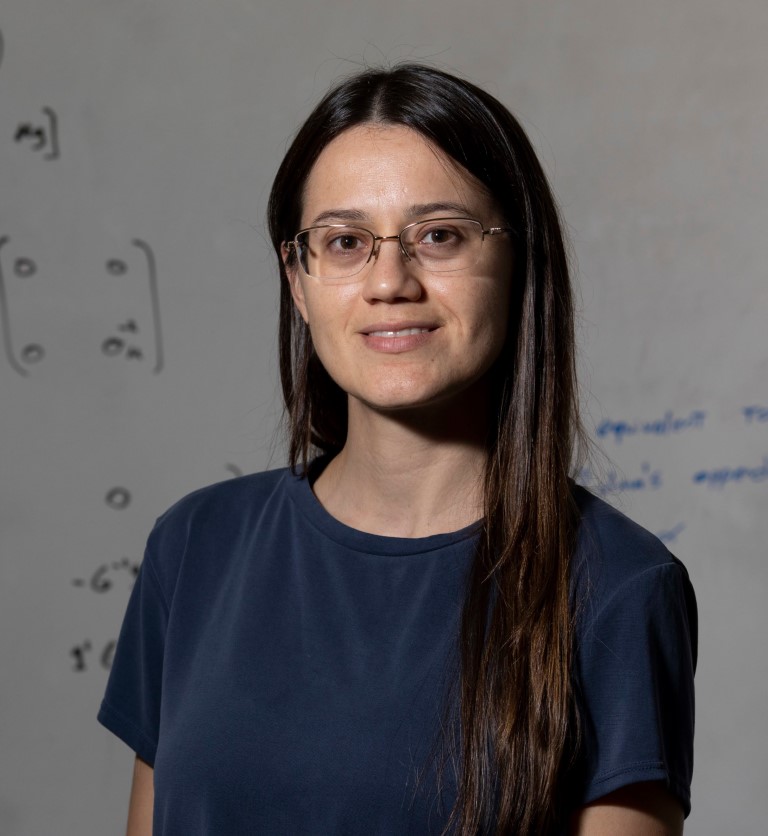
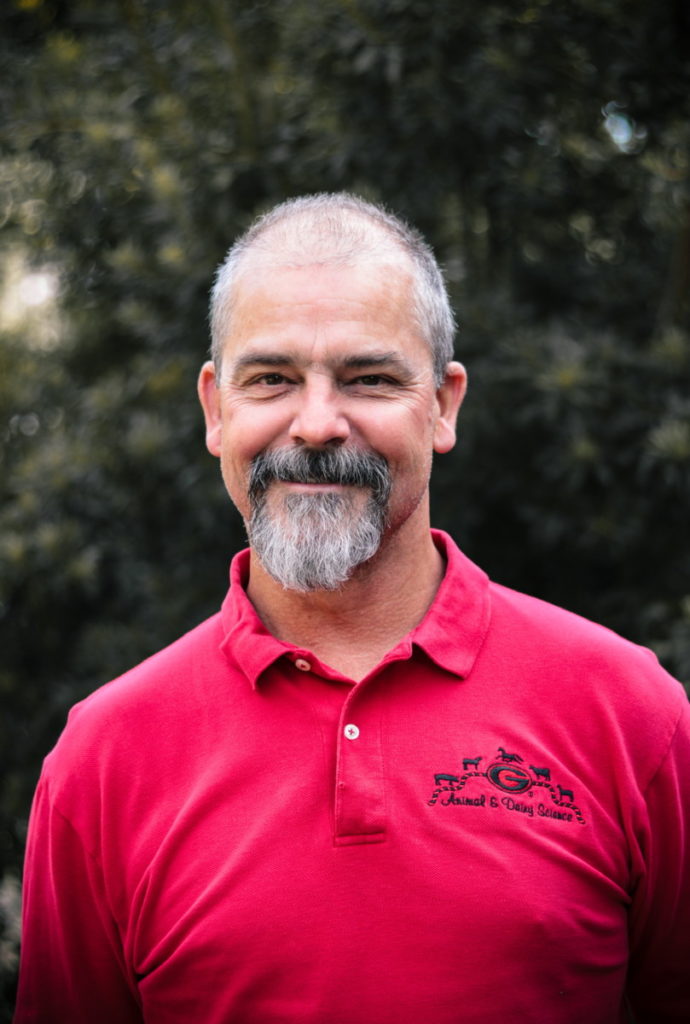
Dr. Dean Pringle is the current director of the North Florida Research and Education Center (NFREC). Previously, Dr. Pringle was a faculty member at the University of Georgia in 1993 after completing his Ph.D. in Meat Science at the University of Nebraska-Lincoln and his B.S. and M.S. at the University of Florida. He spent his early years working on his family’s cow-calf operation in southwest Florida and is the product of a teaching family, where his parents retired with 88 years of combined teaching experience. Dr. Pringle served as Undergraduate Coordinator and Advising Coordinator during his time at UGA, interacting with well over 5,000 students and recently served as President of the American Meat Science Association. His research, focused in meat quality and feed efficiency, has been supported in excess of $4.5 million, resulting in 50+ refereed journal articles. He has also coordinated educational programs related to meat quality and palatability for the U.S. Meat Export Federation, Certified Angus Beef, Georgia Cattlemen’s Association, and PORK 101.
Chris Rhodes joins CAES after nearly six years with AGCO Corp., where he served in a variety of global leadership roles in business development, innovation, partnerships and strategy. Prior to AGCO, he spent more than eight years in strategic planning and project management with John Deere. While earning his MBA at Duke University’s Fuqua School of Business, Rhodes co-founded Precision BioSciences, a biotechnology company that specializes in gene editing for plant science and human therapeutics. He earned a bachelor’s degree in biochemistry and molecular biology from Dartmouth College.
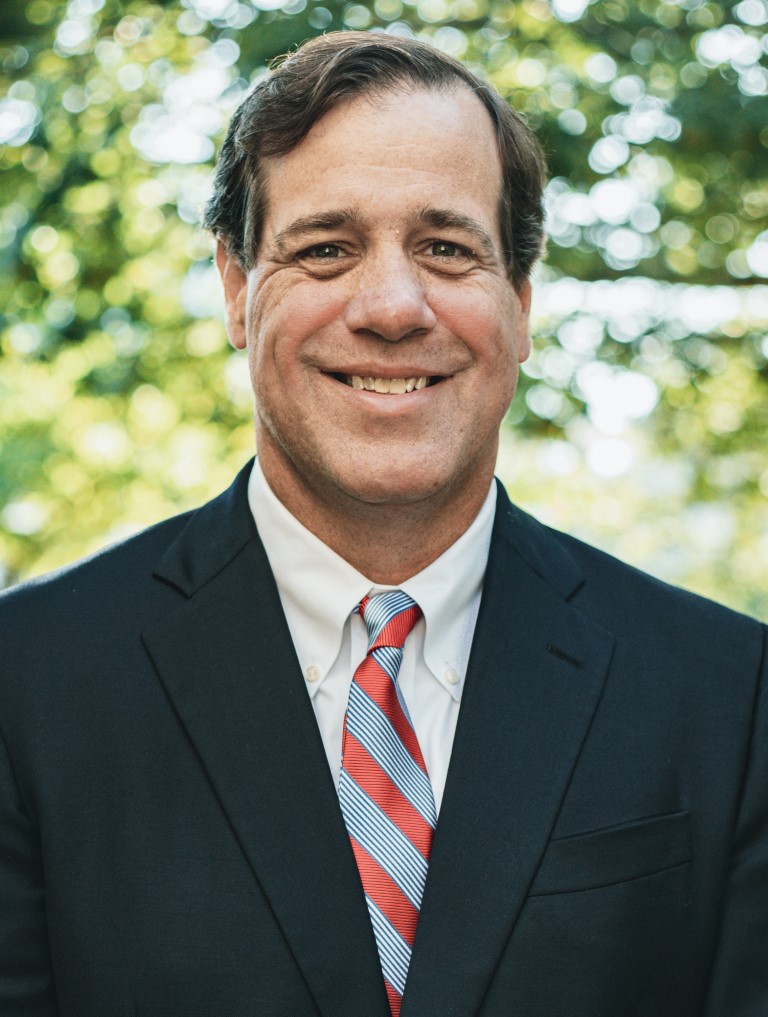
Graduate Students

Madison “Mikayla” Dycus is a third-year Animal Science doctoral student under the advisement of Dr. Jeferson Lourenco. Mikayla grew up on a second-generation poultry and cattle farm in Northwest Georgia, where she developed her passion for agriculture. She obtained her Bachelor’s Degree in Animal Science with a minor in African Studies from the University of Georgia, and then decided to continue her education as an Ag-Dawg. Mikayla’s research focus is on the gastrointestinal tract microbiome in beef cattle and its effect on host animal feed efficiency. Through her studies, she has became proficient in DNA purification and next-generation sequencing. Mikayla is passionate about using her knowledge and skills to optimize efficiency for cattle producers, as well as enhance environmental sustainability.
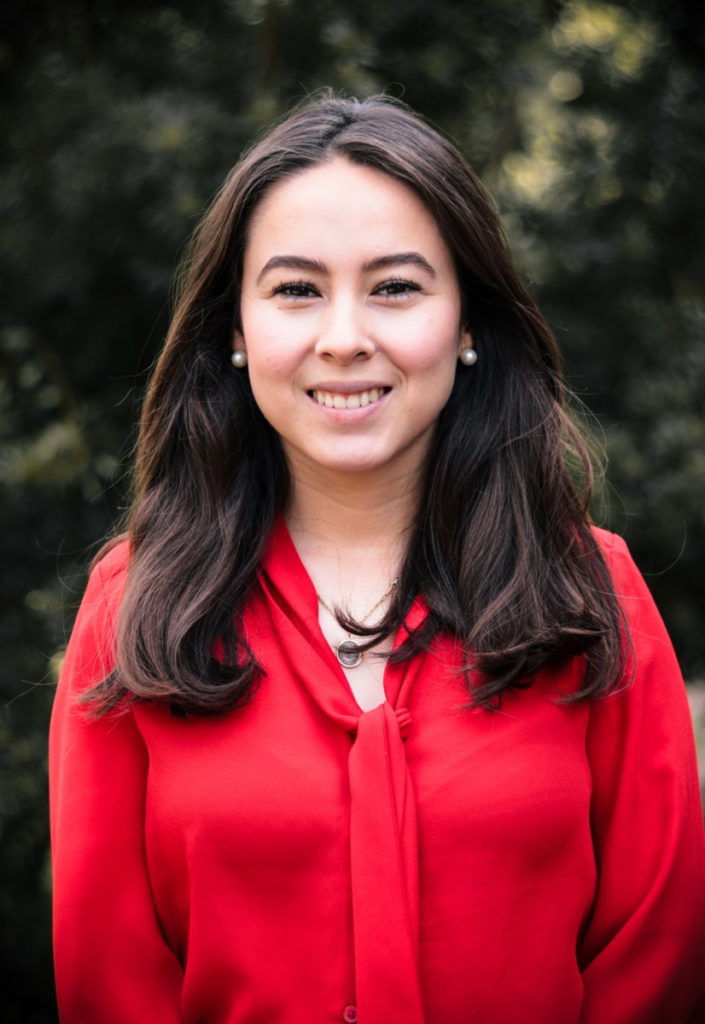
Andrea Osorio was born and raised in Honduras. Andrea received her bachelor’s degree in Agronomy from Escuela Agricola Panamericana Zamorano, Francisco Morazán, Honduras. After receiving her bachelor’s degree, she worked as a research intern in: 1) the University of Sao Paulo, Luiz de Queiroz (ESALQ) in dairy calves and genetic improvement of hens, and 2) Kansas State University in feedlot beef cattle nutrition. Then, she began her master’s degree focused on sustainable beef cattle nutrition at Texas Tech University. Currently, she is a third year PhD student under Dr. Tod Callaway. Her PhD project will evaluate the use distillers grains with solubles in beef cattle production at a systematic level, measuring performance, methane production, water footprint, rumen and gut microbiome, and food safety.
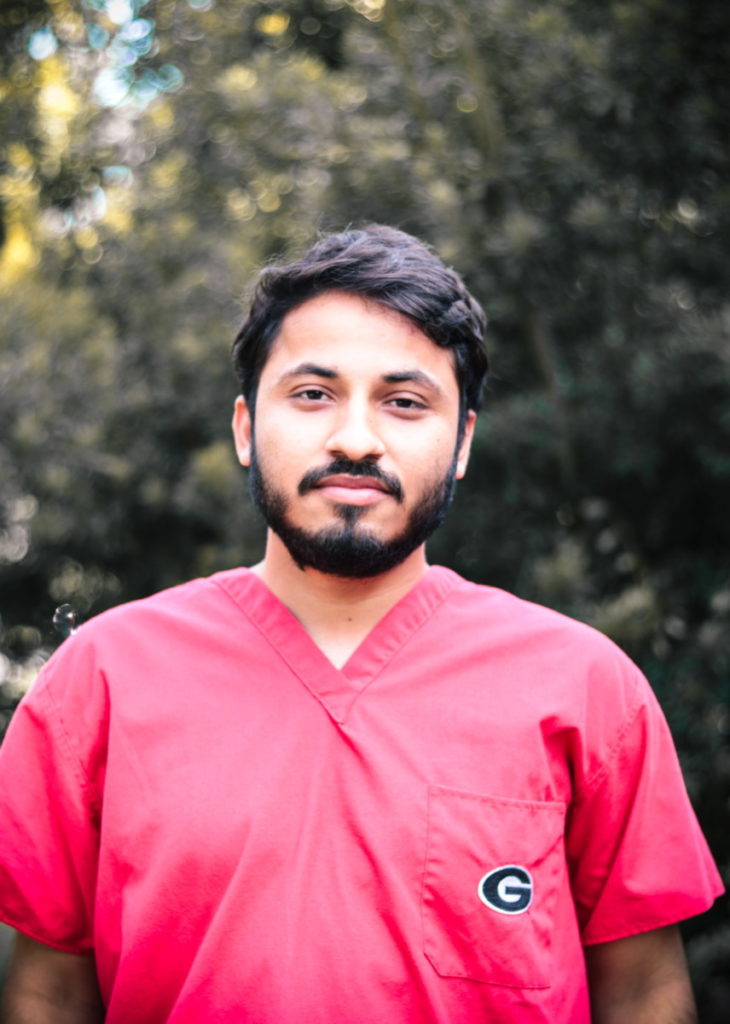
Utsav Lamichhane is a first-year doctoral student studying Animal Nutrition and Microbiome Bioinformatics under the advisor Dr. Jeferson Lourenco. Utsav is from Gaindakot, which lies in the central region of Nepal. He started his B.V.Sc. & A.H. (Equivalent to DVM) degree in 2014 and graduated from the Agriculture and Forestry University, Nepal in 2020. While in vet school, Utsav mainly focused on small animal medicine, but he discovered his interest in the animal microbiome from the projects and research he was involved in. Now, Utsav’s current research interest is in the impact of an animal’s native microbiome on their health and productivity.
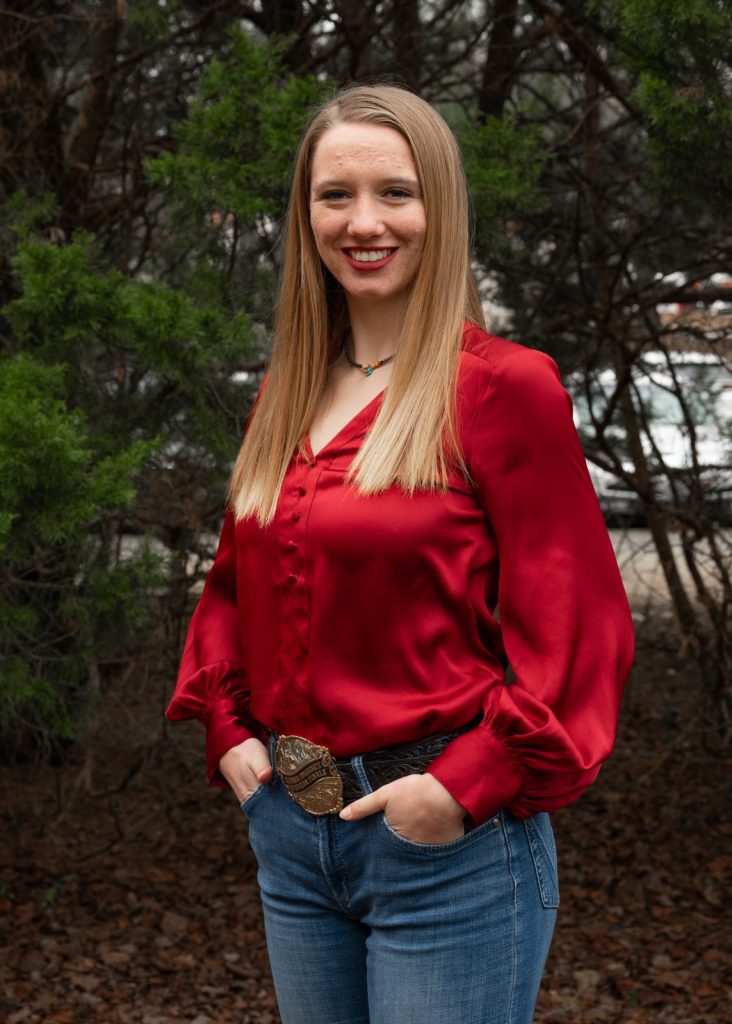
Claire Stevenson is from an Angus seed stock ranch in Montana. She completed her undergraduate studies at California Polytechnic State University San Luis Obispo with a degree in Microbiology and minors in Meat Processing Science and English. She is currently a graduate research assistant under the advisement of Dr. Callaway and Dr. Lourenco. Claire’s research is focused on the fertility of beef bulls by looking at the relationship with feed efficiency and the reproductive microbiome.
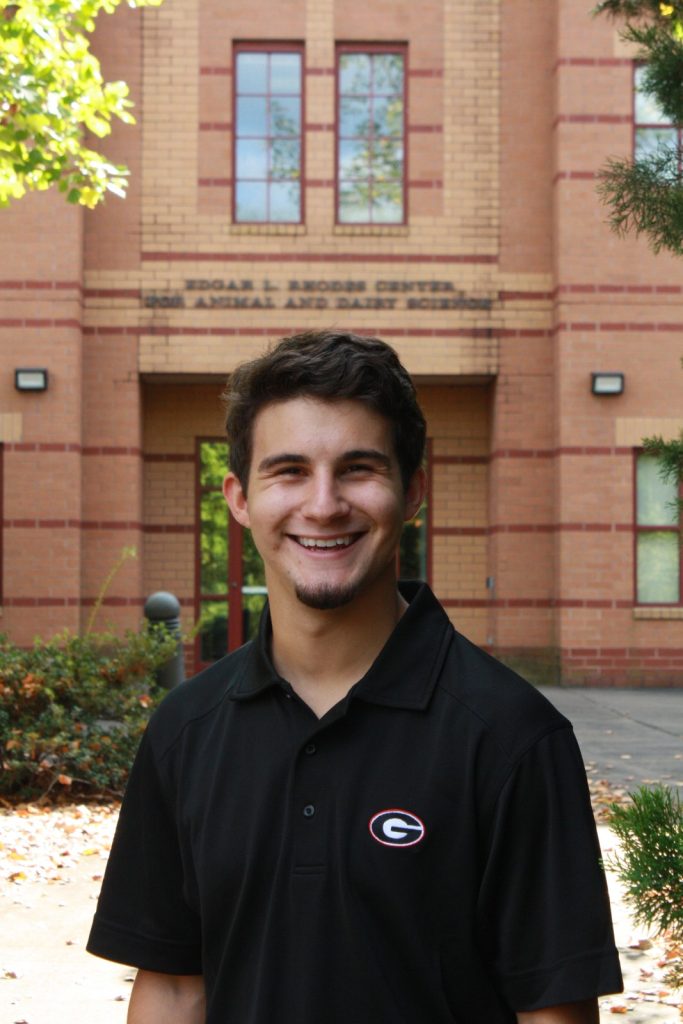
Hunter G. Perez is originally from Palm Coast, Florida but received his Bachelor of Science in Animal Science in 2023 at Berry College in Rome, GA. Currently at the University of Georgia, Hunter is a Graduate Research Assistant under the co-advisement of Dr. Callaway and Dr. Lourenco studying Ruminant Nutrition and Microbiology with a splash of Bioinformatics. Hunters primary research interests lie in the field of rumen microbiology, specifically the rumen microbiome and how its affected by numerus factors such as diet. He believes that by unraveling the microbial ecology of the rumen, we can gather a greater comprehensive understanding of its potential in ruminant health and production. Hunter’s current masters project is understanding the effects of forage quality on E. coli shedding as well as its effects on the ruminal and fecal microbiomes.
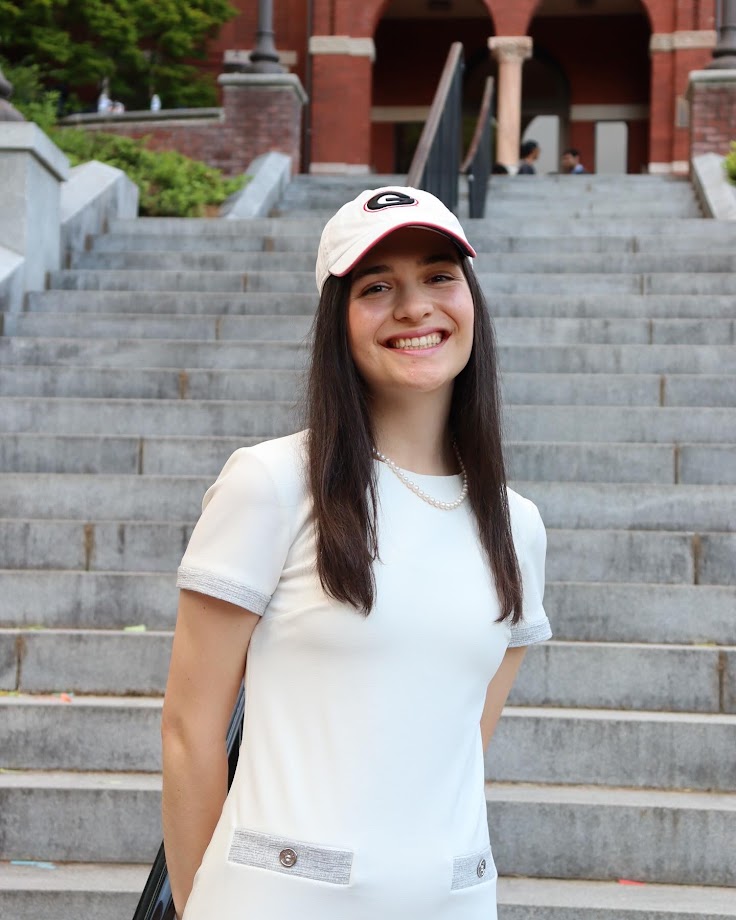
Natalie Arias is a first-year master’s student studying the gut microbiome in beef cattle. Natalie is originally from Covington, Georgia, and she graduated from the Georgia Institute of Technology with her bachelor’s in biochemistry in May of 2024. Her interest in animal science began when she worked as a research intern for Kelly Products, Inc. and collaborated with students in Dr. Jeferson Lourenco’s lab. Now beginning her own research under the advisement of Dr. Lourenco, she plans to investigate methanogenic archaea populations in beef cattle and their impact on methane production.
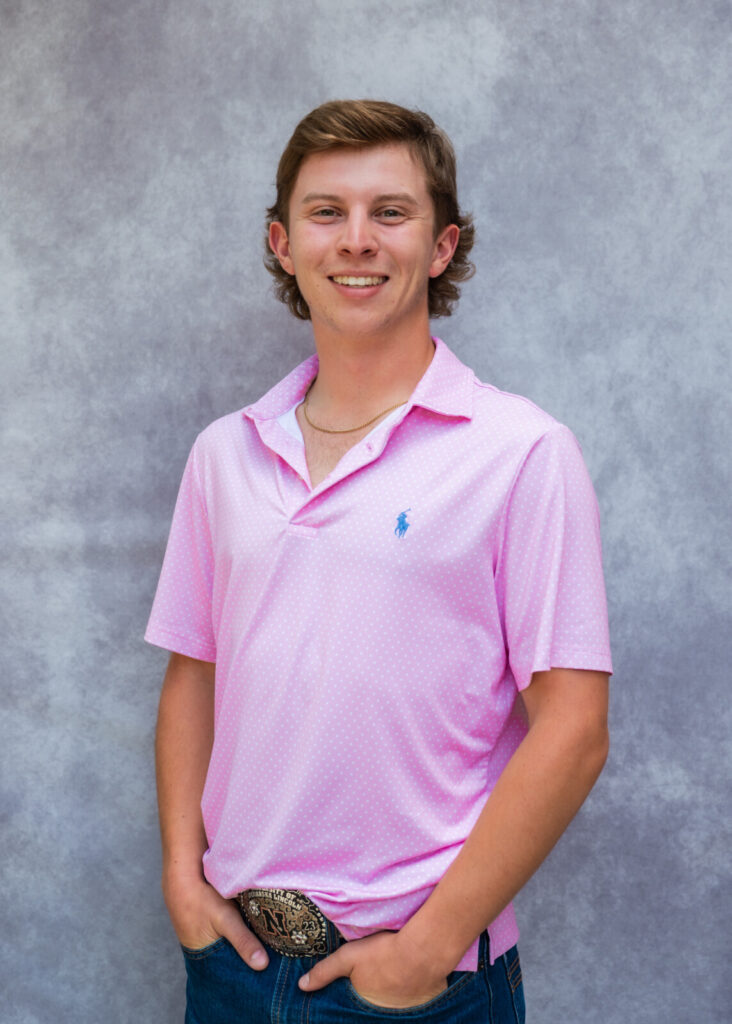
Donald “Donnie” Holupka is a native of Hillsboro, MO and received a bachelor’s degree in Animal Science from the University of Nebraska-Lincoln in the spring of 2024. Donnie is currently a first-year master’s student under Dr. Todd Callaway studying ruminant nutrition and helping coach the university’s livestock judging team. Donnie’s master’s research will be looking at methane reduction in feedlot cattle.
Alumni / Former Members
Katie Feldmann
Christina Welch
Taylor Krause
Osman Yasir Koyun
Jonathon McDonald
Michele Congiu
Anna Scott